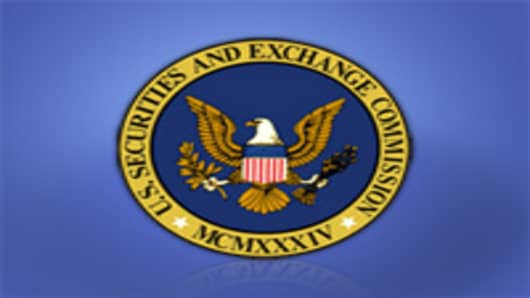The SEC is reportedly concerned that Facebook and its backers are evading US securities laws by refusing to go the traditional route of raising money through an initial public offering. Instead, Facebook has chosen to avoid coming under regulatory scrutiny by issuing only SEC- exempted restricted stock units to employees and raising money through private placements with venture capital firms, investment banks and hedge funds.
To some critics of regulation, this is evidence that the burden of government regulation may now be too great. The regulations—including Sarbanes Oxley accounting and disclosure rules—may be holding back tech companies like Facebook from entering the public markets, the critics say. Investors, in this view, could be losing out on a chance to profit from the growth of one of the most important companies on the Internet.
Many on Wall Street share this point of view—and with good reason. Fees from public offerings are great sources of profits for broker-dealers. Publicly-traded stock in hot companies give brokerages another way of enticing customers to put more of their money “to work” in the markets. Anything that keeps companies out of public markets hurts brokers and investment bankers specializing in public offerings.
It’s hard to see what the SEC’s interest in Facebook might be. It is clearly not engaged in a probe of how its own policies might be putting constraints on IPOs. But since the investors in Facebook are highly sophisticated institutions, the goal of an SEC probe cannot be protecting ordinary investors.
One concern may be that the investors in Facebook are selling stakes in the vehicles they use to buy Facebook shares. Goldman Sachs, for example, plans a special purpose investment vehicle that will own the Facebook shares as its assets, allowing outside investors to purchase shares in Sachsbook—or whatever they call it. In this way, many more investors could share in the potential upside of owning a stake in Facebook than would otherwise be permitted by a private company.
The rules that restrict ownership of non-public companies are antiquated. They were put in place 47 years ago and require firms with more than 500 investors to publicly disclose certain financial information. Those disclosure requirements are so high that most companies decide they might as well go public if they are meeting the disclosure requirements of public companies anyway.
The SEC may be preparing to expand this rule to include the kind of derivative ownership rights created by the likes of Sachsbook. It likely views such arrangements as a way of undermining the regulations put in place to protect investors.
That position, however, seems far less rational when anyone looks at the details of the transaction between Goldman Sachs and Facebook. Even if Goldman succeeds in raising another $1.5 billion from outside investors, it intends to set the minimum purchase in Sachsbook shares at $2 million. In other words, not a lot of ordinary investors are likely to be invited to participate.




